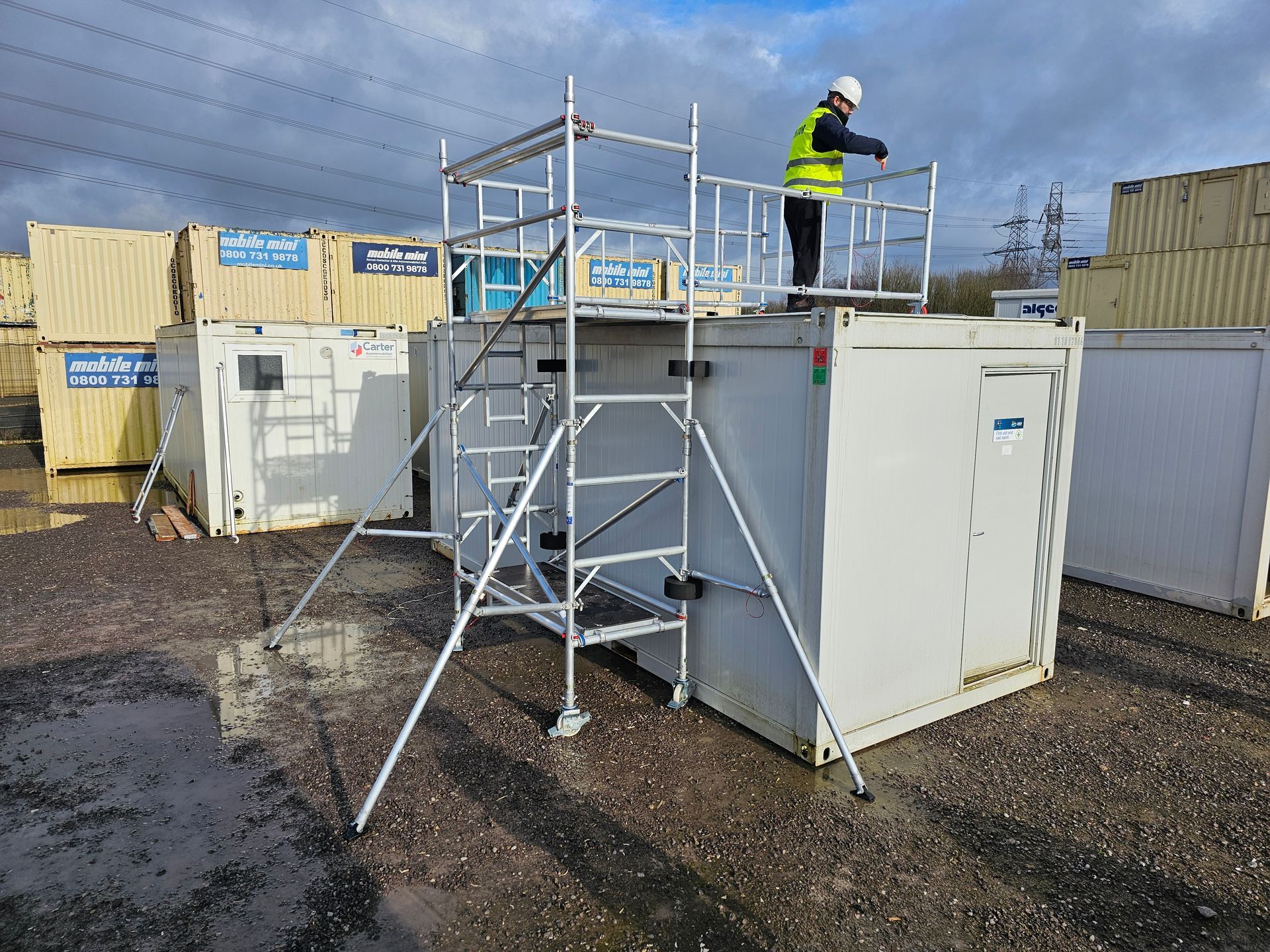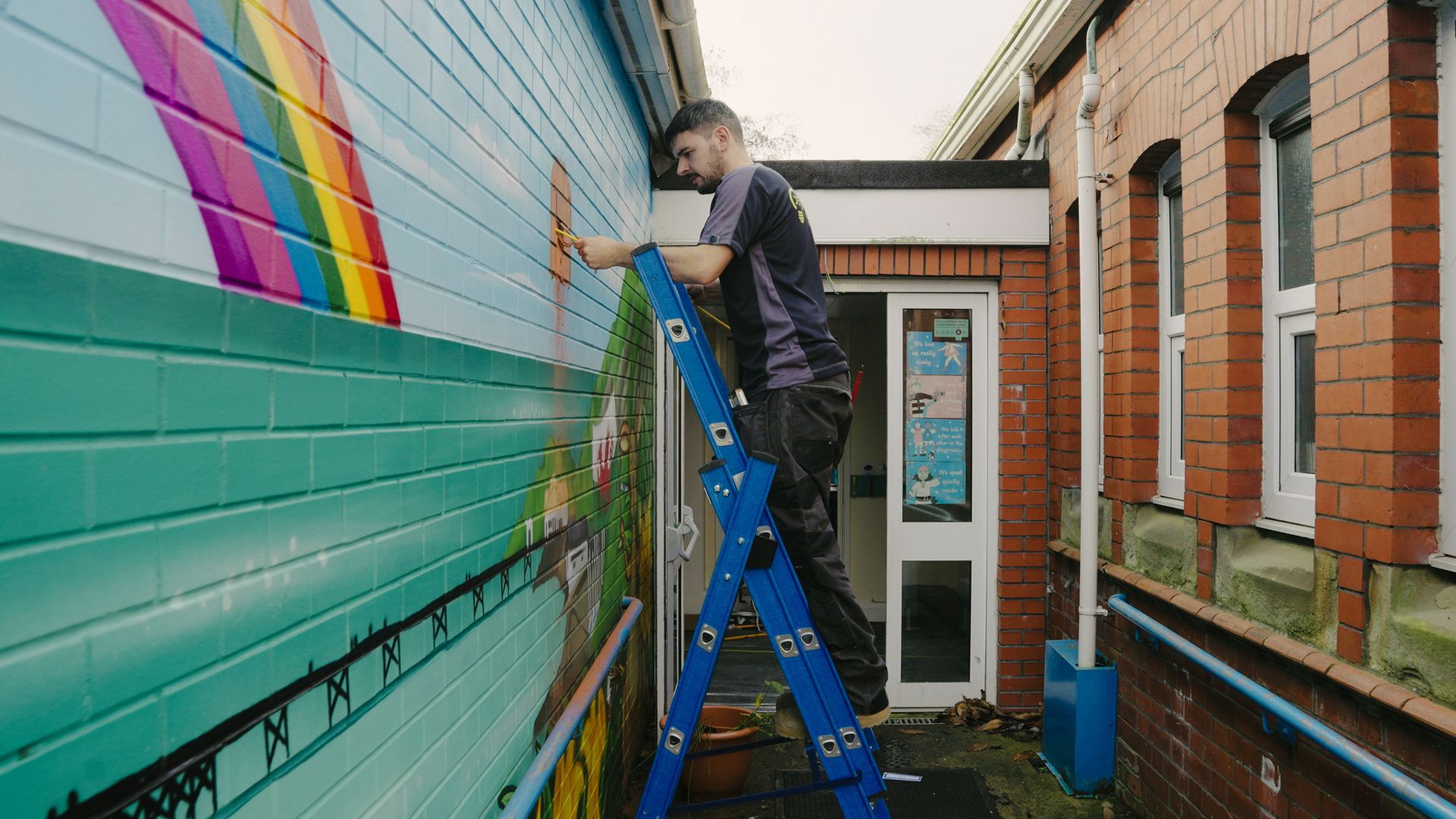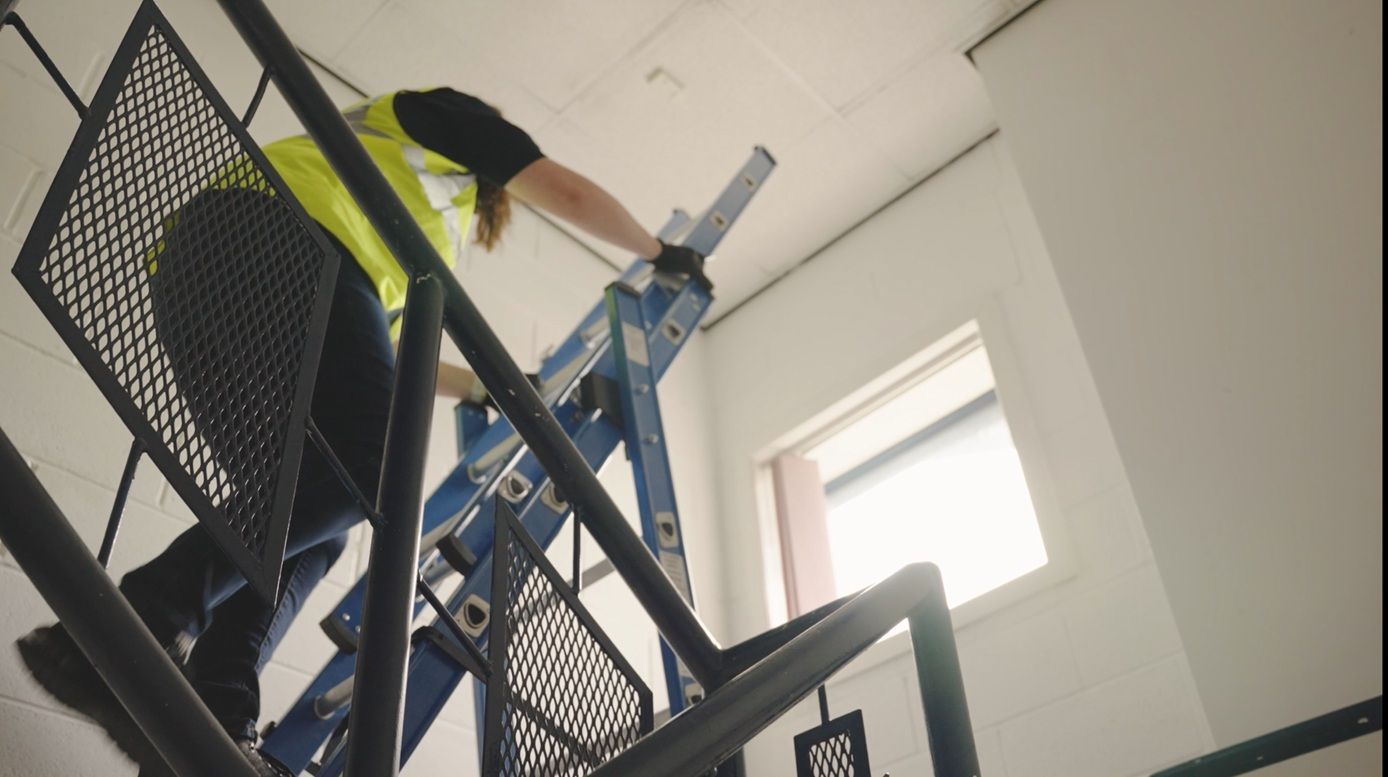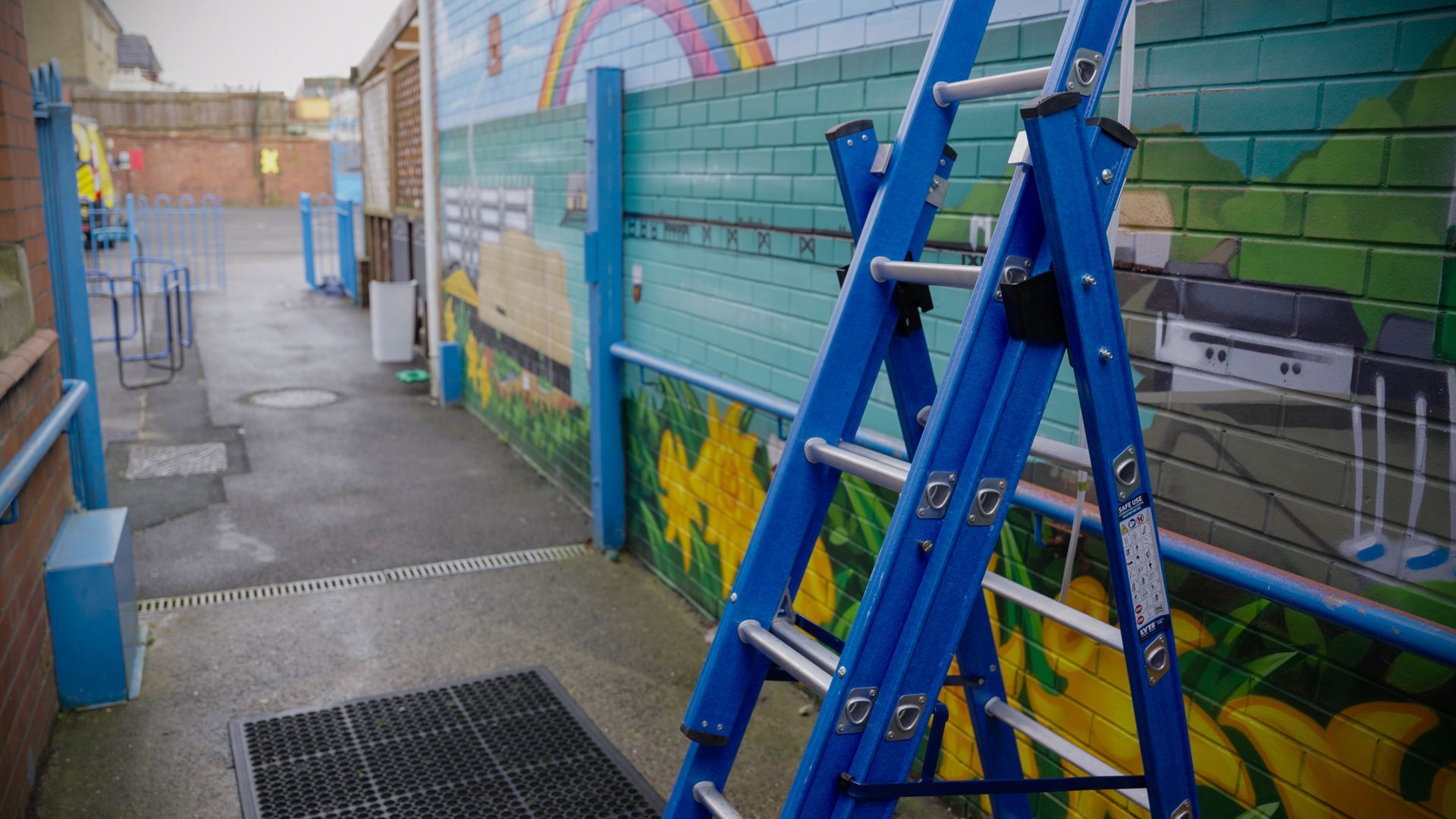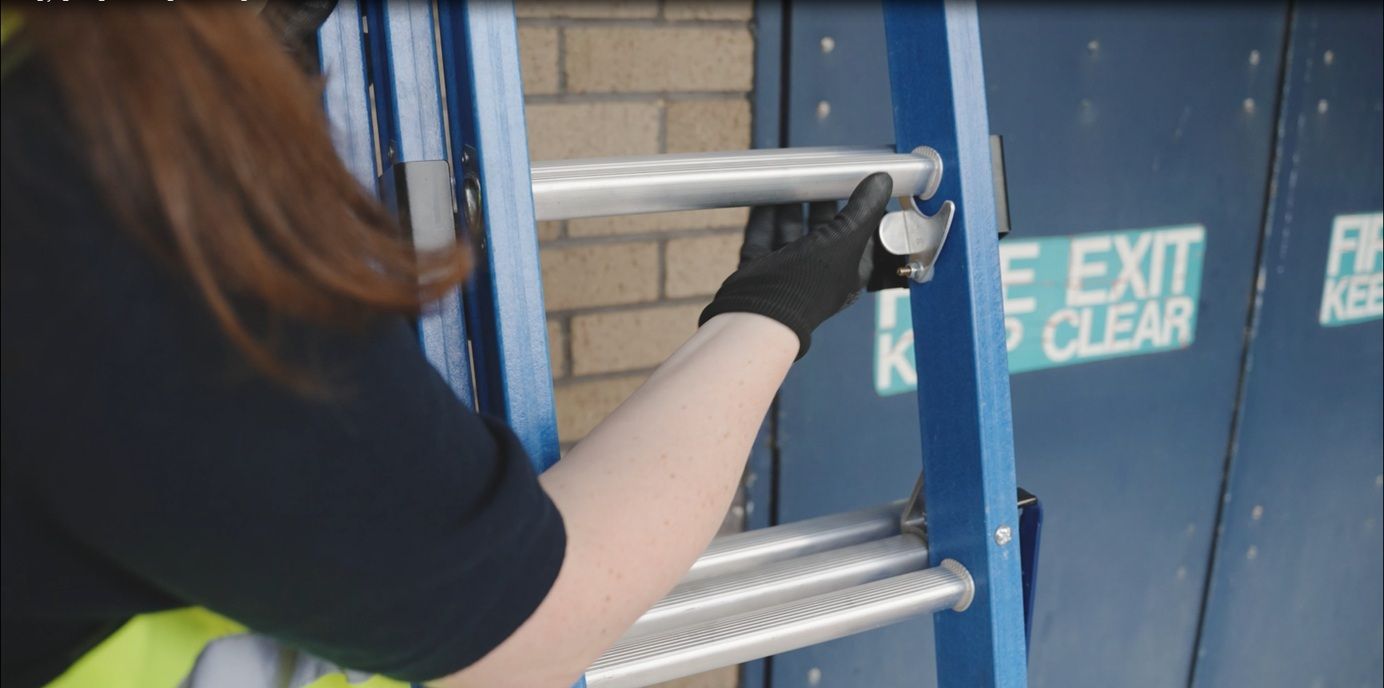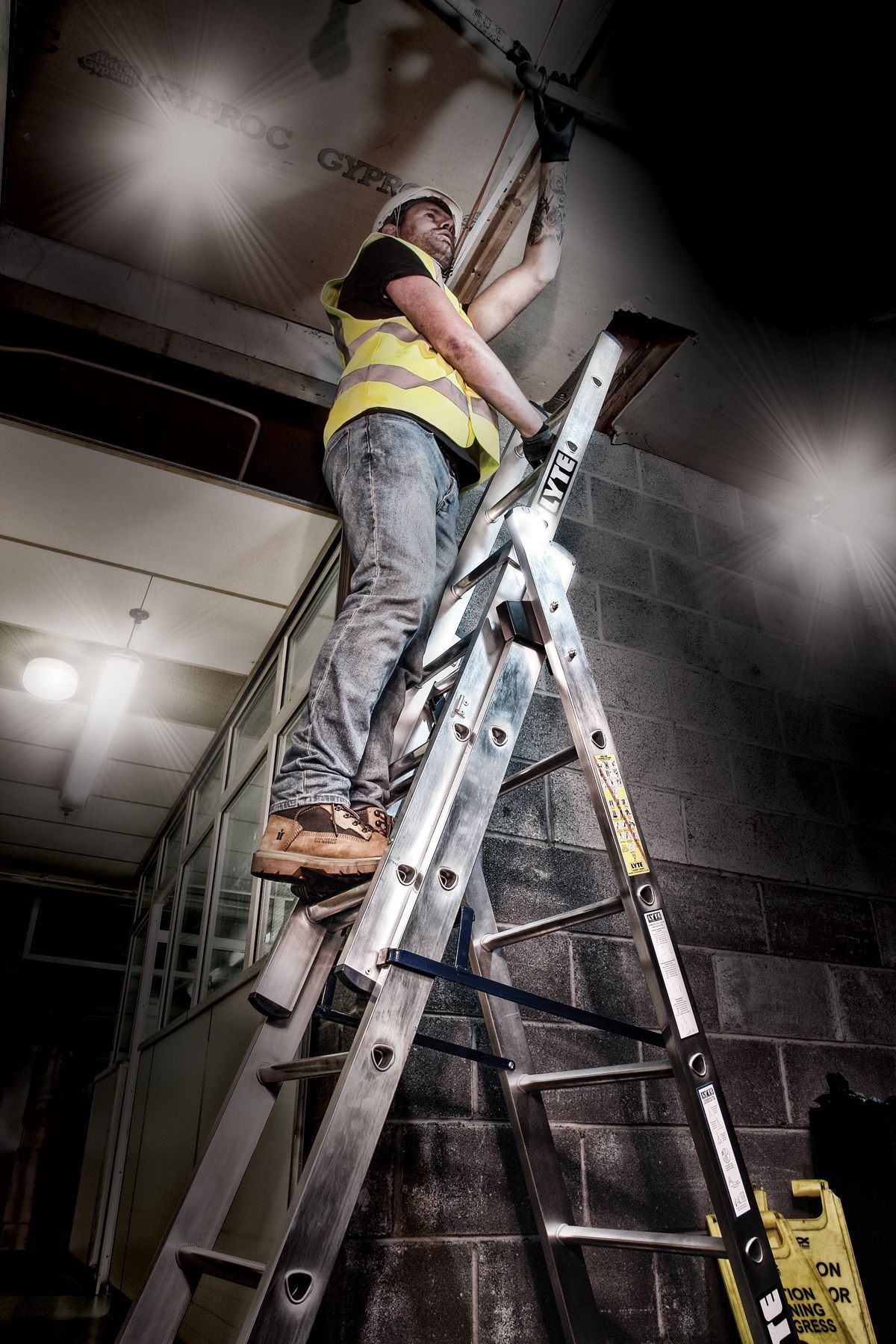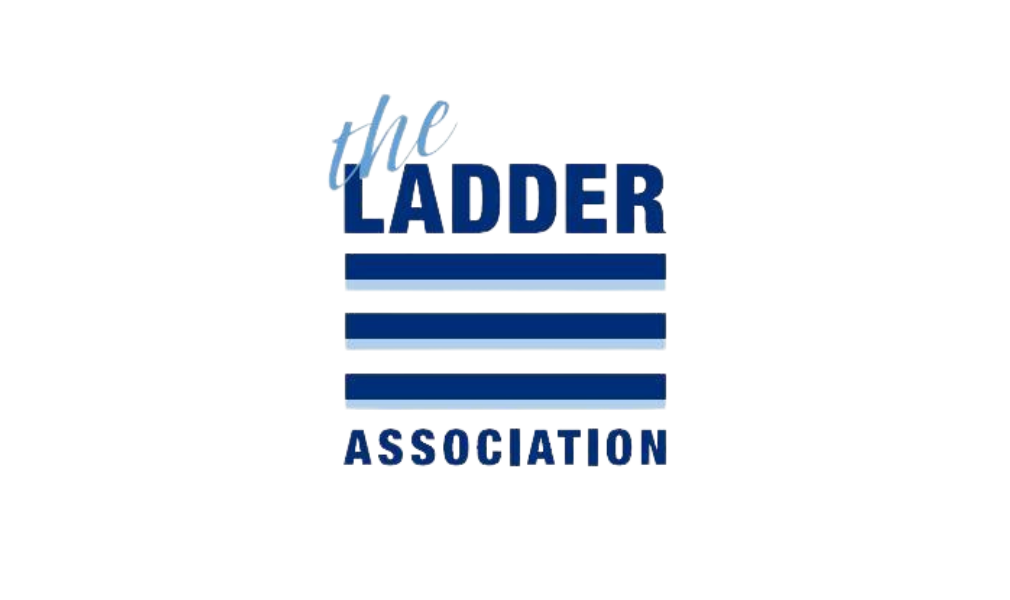Understanding the Non-Conductive Nature of Glassfibre Ladders
When it comes to working at height in electrical environments, safety is absolutely critical. That’s where glassfibre ladders – often referred to as fibre glass ladders – come into their own. Known for their non-conductive properties, glassfibre ladders have become the trusted choice for electricians, utilities, and facilities maintenance teams across the UK.
However, it's important to recognise that not all glassfibre ladders offer the same level of electrical protection.
Why Glassfibre?
Glassfibre is widely used in ladders because it is an excellent insulator. Unlike aluminium or steel, it doesn’t conduct electricity, significantly reducing the risk of electric shock when working near live sources.
But just because a ladder is made of glassfibre doesn't automatically mean it has been properlydielectric tested or certified for high-voltage environments. Many cheaper glassfibre ladders available in the market are designed for general trade use and are not tested to EN131 Professional standards, sometimes offering only basic non-conductive properties.
What to Watch Out For
While some ladders are simply described as "fibre glass" or "non-conductive," they may not be tested to withstand the voltage exposure required for work near live electricity.
For example:
- Some imported fibreglass ladders on the market are only tested to low-voltage scenarios.
- Others may not be formally tested at all, relying purely on the natural insulating properties of the material without independent certification.
For Health & Safety Managers and procurement teams, assuming all fibre glass ladders offer equal protection could expose workers to serious risks.
Always look for dielectric testing certification and EN131 Professional compliance when sourcing ladders for electrical work.
Setting the Standard: Lyte's Glass Fibre Professional Combination Ladder
At Lyte, we believe safety shouldn’t be left to chance.
Our new Glass Fibre Professional Combination Ladder (GFLCL range) is:
- Certified to EN131 Professional Standard, ensuring strength, durability, and stability for frequent, intensive use.
- Independently Dielectric Tested by BSI confirm safe use around live electrical sources.
- Manufactured in the UK using high-quality, heavy-duty glassfibre to withstand tough site conditions.
Designed specifically with trade professionals in mind, the GFLCL ladder offers certified non-conductive protection, meaning you can be confident your team is using equipment designed for the task.
You can learn more about the GFLCL range here:
Glassfibre Professional Combination Ladder
Key Takeaways for Buyers and Specifiers
- Always check for dielectric testing certification.
- Look for EN131 Professional compliance to ensure strength and durability.
- Choose reputable UK manufacturers who meet or exceed recognised standards.
When it comes to protecting workers near live electricity, the right ladder isn’t a nice-to-have – it’s a must.
At Lyte, we don’t take shortcuts on safety. You can rely on us to provide the safest access equipment to meet your working at height requirements.
